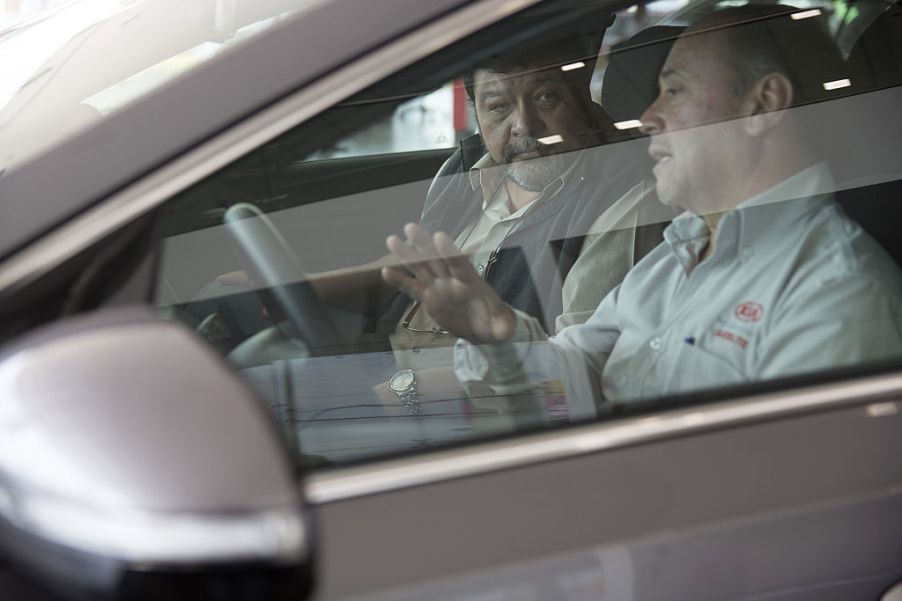
Baby Boomers Won’t Dominate the Car Industry for Much Longer
Born between 1946 and 1964, the baby boomer generation has ruled the auto industry for decades. Boomers love their cars, and they love sharing that passion with their kids. But millennials may not share the same thoughts about vehicle ownership. As millennials and boomers age, the car industry is seeing a shift in the way vehicles are bought and driven.
Baby boomers equate car ownership with status
The generation that saw the biggest technological advances in cars, baby boomers saw vehicle ownership as something everyone did. Getting your license and buying your first car were rites of passage. Improving the type of vehicle you drive as you get older is a way to show your success. Baby boomers view cars as a form of self-expression and freedom.
Today, this affection for cars hasn’t dissipated. The average car buyer is 51.7 years old. It would take four millennials to replace one boomer in terms of economic impact because baby boomers simply have more money to spend. With little debt, they want to spend money after adding to a savings account their whole life. According to AARP, one in three boomers plans to buy a car in the next three years. The car industry should not ignore this data.
Baby boomers are moving to urban areas
After raising families in suburban areas, many boomers have moved to urban environments for the next stage of life. These baby boomers tend to be more active and keep ownership of their cars.
They enjoy a shorter commute to work, which gives them more time to do things like travel. This means they’ll maintain their cars and likely buy a new one down the line, whereas less active boomers may already be on their last car.
Baby boomers are even joining what was deemed a millennial thing: ride-sharing. As this generation ages, gigs like driving for Uber and Lyft give boomers the freedom to either cut back their work hours or make some extra cash in retirement. Urban areas have more opportunities for side hustles, and ride-sharing is perfect for baby boomers who need a job with less physical labor.
What does the future look like?
For millennials, cars are simply not a priority like they were for baby boomers. Millennials have a lower rate of car ownership than previous generations at the same age. They also have more debt than any other generation, and they’ve inherited a flatter economy.
Millennials grew up in the middle of the 2008 recession, which shaped their views on the economy and how they handle money. Plus, with the popularity of ride-sharing, today’s young adults simply don’t need to own cars like their parents did.
While it may seem like the auto industry is in trouble, that’s not the case. Millennials may not be buying cars as much as their parents, but they are buying them — just later in life and more pragmatically. They view cars as more of an appliance and less of a status symbol.


